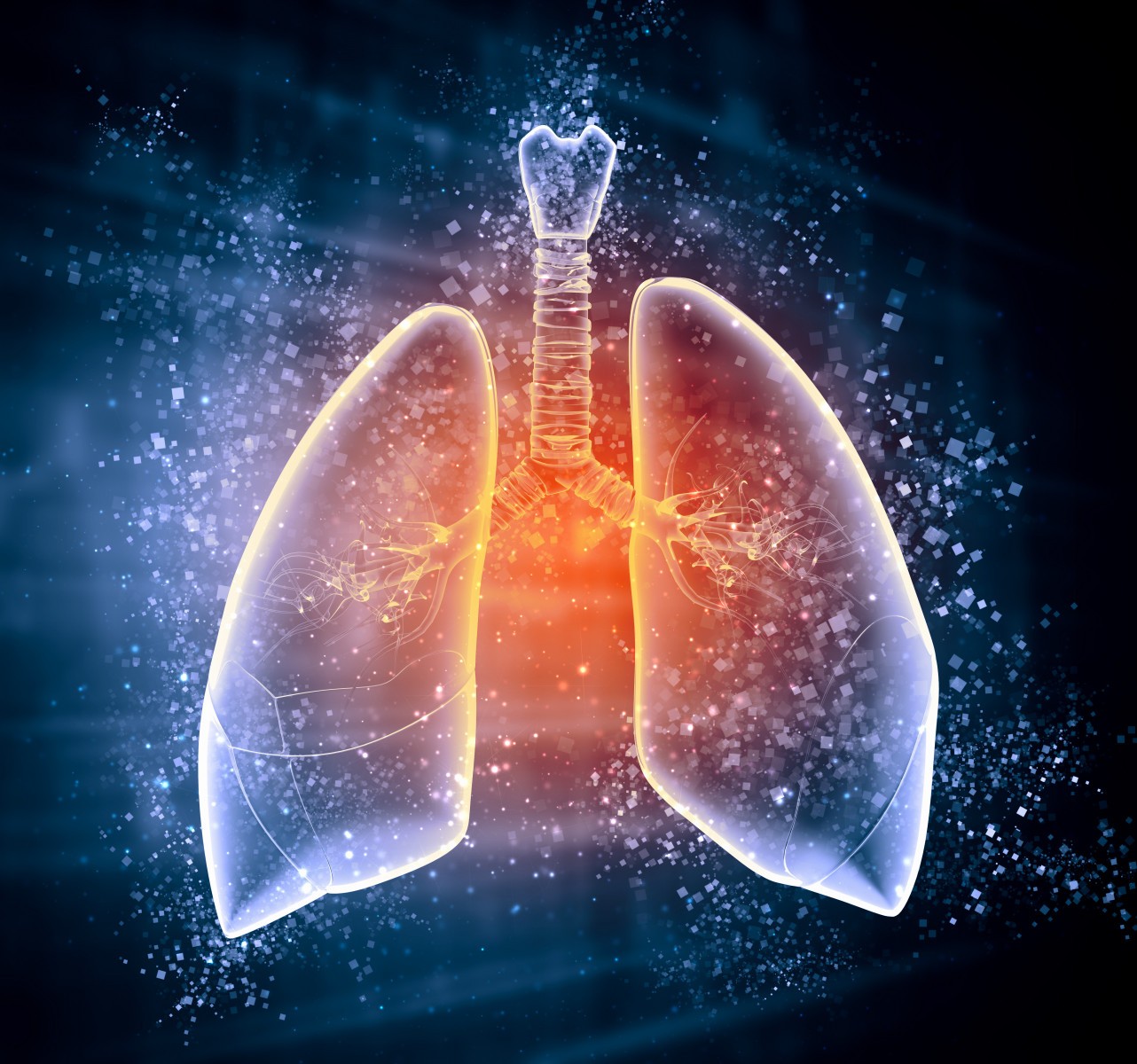American Lung Association Awards $50K for Regenerative Medicine Project
Written by |

As part of its Catalyst Grant program, the American Lung Association (ALA) has awarded $50,000 for a project aimed at regenerating damaged lung tissue.
Researcher Ya-Wen Chen, PhD, hopes her project will ultimately help to improve lung function in people with conditions such as chronic obstructive pulmonary disease (COPD).
Chen, the ALA grant winner, is a professor of medicine, stem cell biology, and regenerative medicine at the University of Southern California (USC). The award will allow Chen to study how a specific population of stem cells, called distal small airway epithelial progenitors, or SAEPs, can repair damaged alveoli, the tiny chambers in the lungs where oxygen and carbon dioxide are exchanged.
“For many patients with chronic lung diseases, the only available treatment is transplantation — a difficult, dangerous surgery that involves challenges ranging from the severe shortage of donor organs to immune rejection,” Chen said in a USC press release.
“Even patients who are lucky enough to receive donor organs only have a 10 to 20 percent survival rate at 10 years,” Chen added. “If we can encourage these patients’ own cells to repair damage and heal their lungs, we could dramatically improve this prognosis.”
SAEPs play a critical role in maintaining free airflow and in defending the lung against inhaled environmental pollutants. As stem cells, SAEPs can become a variety of other cell types, depending on the need.
Injury to lung tissue triggers SAEPs to grow and expand in an effort to repair the damage. The scarring that occurs in the lungs over the course of COPD can be slowed in some cases but not reversed. Harnessing stem cells to repair such chronic damage is a long-standing research goal.
As a model to study this effect, Chen has pioneered a type of rudimentary three-dimensional lung built of human stem cells, called “lung bud organoids.” These lab-grown structures are essentially mini human lungs.
In some ways, organoids provide a better experimental model than the more standard tissue culture, which consists of growing a two-dimensional layer of cells in a petri dish. An organoid’s three-dimensional architecture provides a closer approximation of the environment that cells would exist in, inside the body.
They also provide a safe way to perform experiments that might otherwise be difficult to conduct, such as those that would be highly invasive or would carry a great deal of risk. One example is screening large numbers of drugs for therapeutic purposes.
“Our ultimate goal is to leverage patient’s existing stem and progenitor cells to promote healing through a non-surgical, regenerative approach,” Chen said.
The American Lung Association has committed $11.55 million in funding to support research aimed at lessening the burden of lung disease. Chen joins 97 other scientists who have received ALA support for their research projects.
“Despite the fact that the pandemic poses significant economic challenges, the American Lung Association is prioritizing research and significantly increasing award funding to help improve the lung health of all Americans,” said Harold Wimmer, ALA president and CEO.



